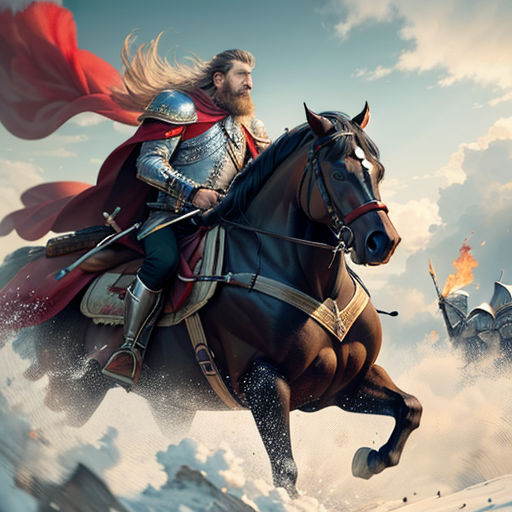
The Battle of Grunwald: Triumph of the Polish King
By maciej.bubacz

22 Sep, 2023

In the heart of the 15th century, a significant war was brewing. A war that would forever mark the history of Poland and the Teutonic Order. The Great War of 1409-1411 was about to reach its climax in the Battle of Grunwald.
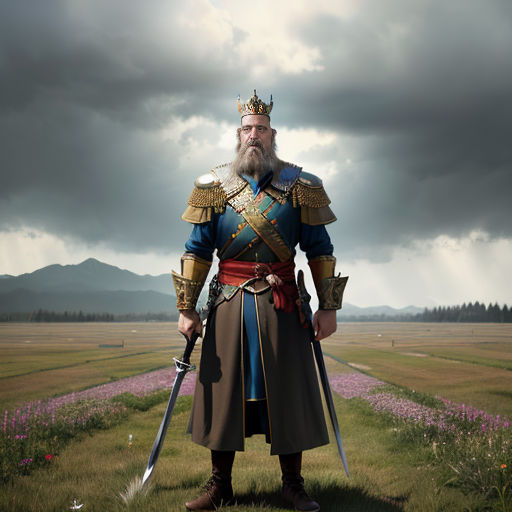
King Władysław Jagiełło stood at the forefront of his army, his gaze fixed on the enemy's formation across the open field. The tension was palpable; a decisive battle was nearing.
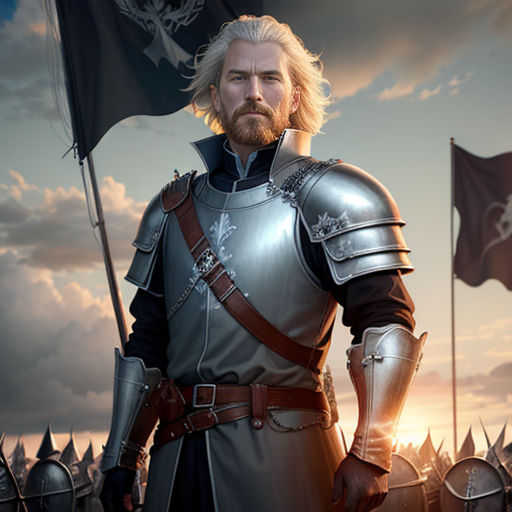
On the other side, Ulrich von Jungingen, the Teutonic Grand Master, observed his adversaries with a steely gaze. His forces were prepared, heavily armed, and ready for a fierce fight.
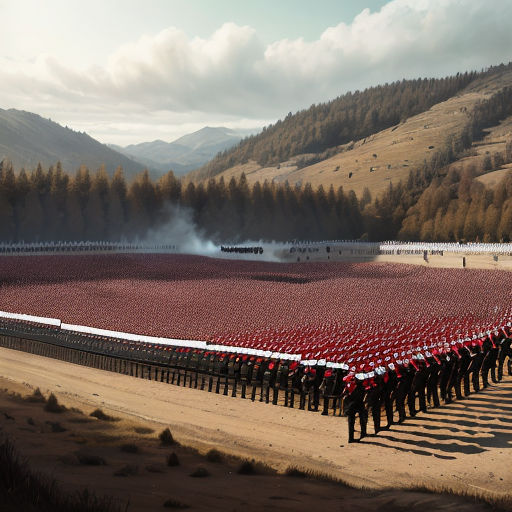
The Polish king had more men in his ranks, but the Teutonic Order boasted a greater number of heavily armed soldiers. The odds seemed evenly matched, with victory uncertain.
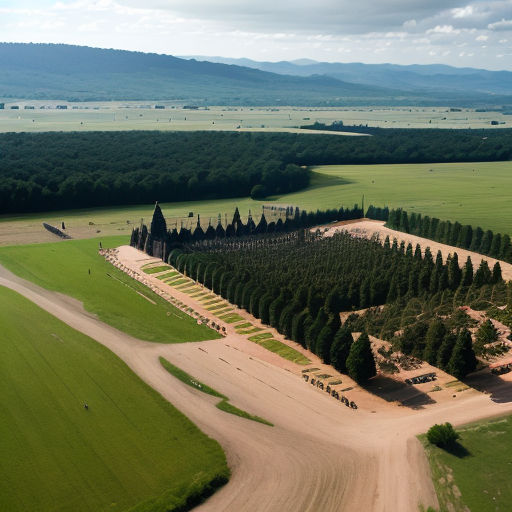
The day was July 15, 1410. An ordinary day in the small village of Grunwald was about to turn into an unforgettable event that would echo through the centuries.
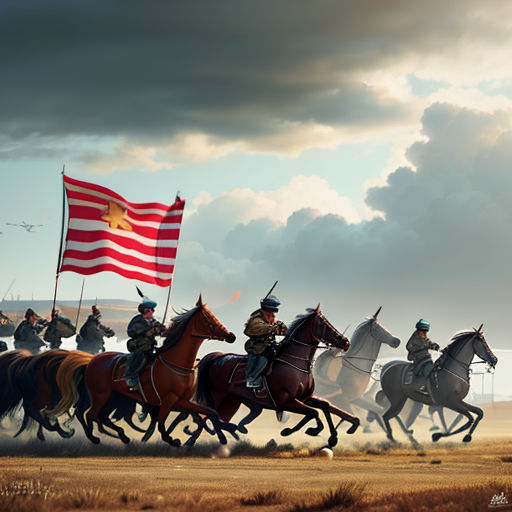
The armies were in position, the plans laid out, and the strategies formulated. King Władysław Jagiełło took a deep breath; the time had come to face their adversaries.
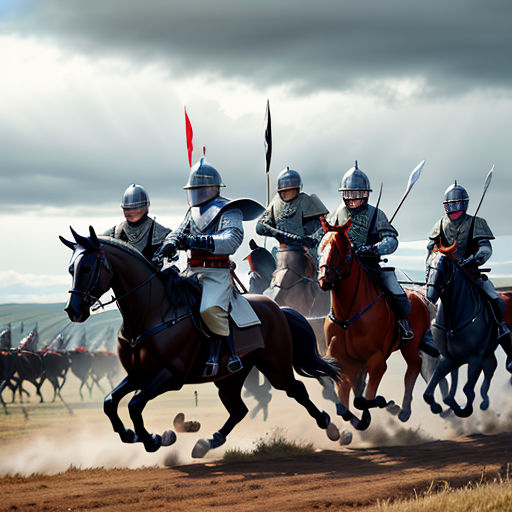
The battle commenced with an attack from the Lithuanian cavalry, allies to the Polish. They launched a fierce assault on the Order's left wing, initiating the clash.
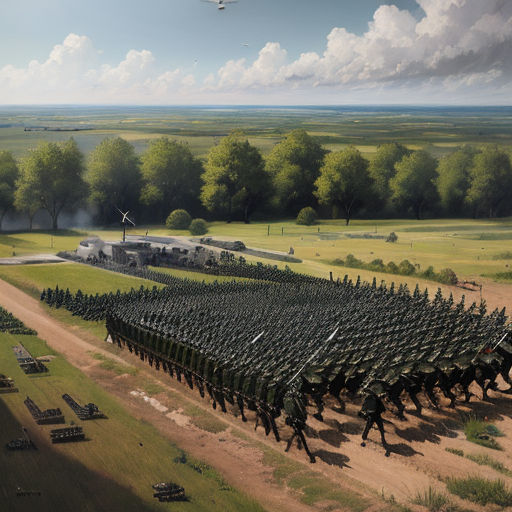
The Teutonic infantry was forced to retreat under the onslaught, but the battle was far from over. The Lithuanian units, after their initial success, were scattered by the enemy.
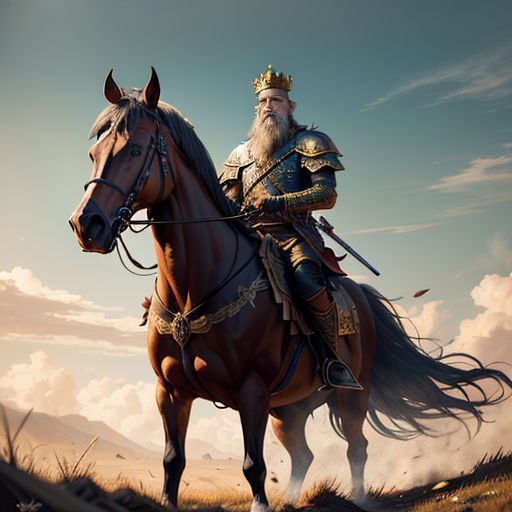
In the heat of the battle, King Władysław Jagiełło faced the threat of being surrounded by the enemy. The situation was critical, but the king held his ground.
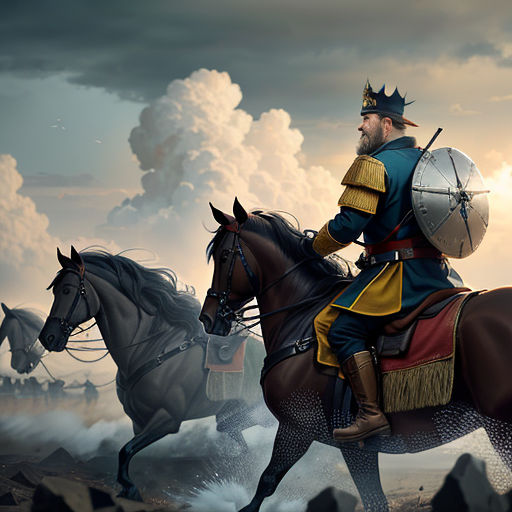
Displaying his strategic prowess, the Polish king managed to escape the trap. His next move was a decisive counterattack that shifted the momentum of the battle.
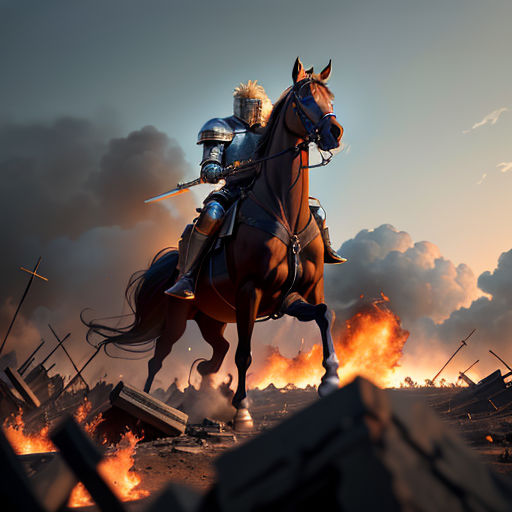
On the other side, Ulrich von Jungingen, the Teutonic Grand Master, fiercely defended himself and his men. The battle raged on, with neither side willing to yield.
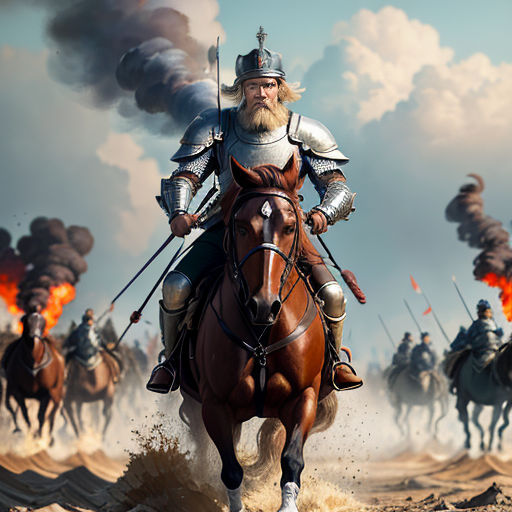
However, the Poles gradually began to gain the upper hand. Despite the Grand Master's efforts, the Teutonic forces began to falter under the relentless Polish counterattack.
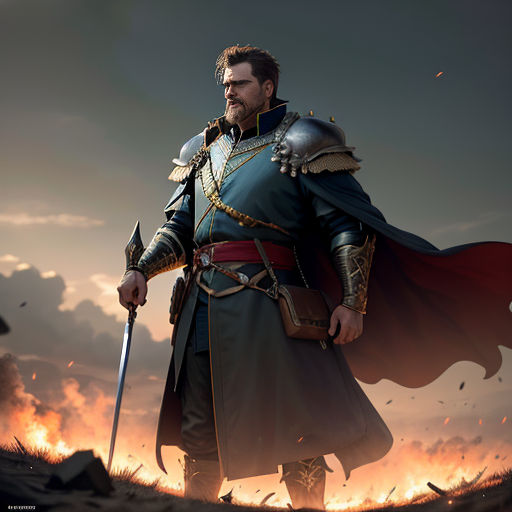
The fight was fierce, and the losses were significant. Yet, the courage and determination of the Polish king and his men were unwavering. They were fighting for their homeland.
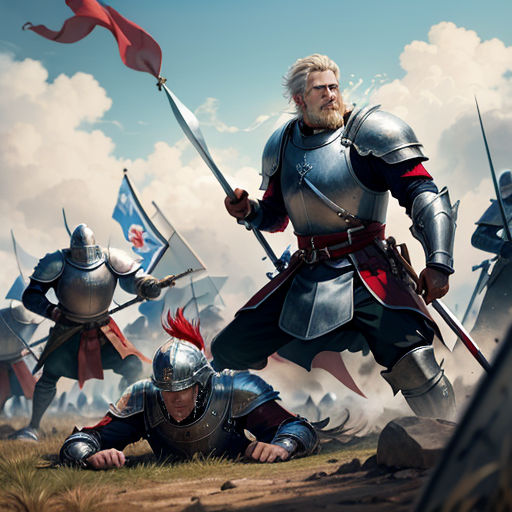
Ulrich von Jungingen fought valiantly but ultimately had to acknowledge the superiority of the Poles. He fell, marking a significant turn in the battle.
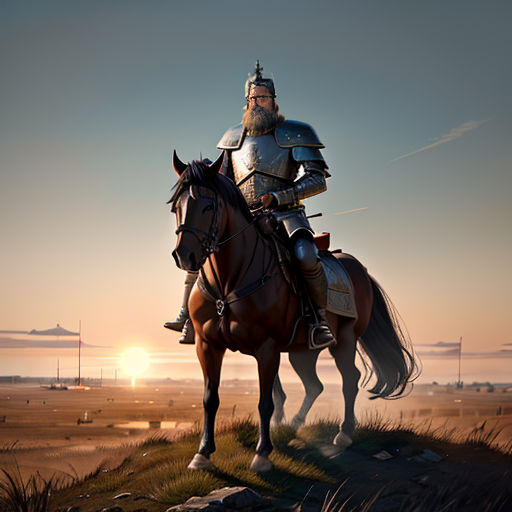
The Teutonic forces were defeated, and their losses were immense. The Battle of Grunwald was over, and the Polish king stood victorious on the battlefield.
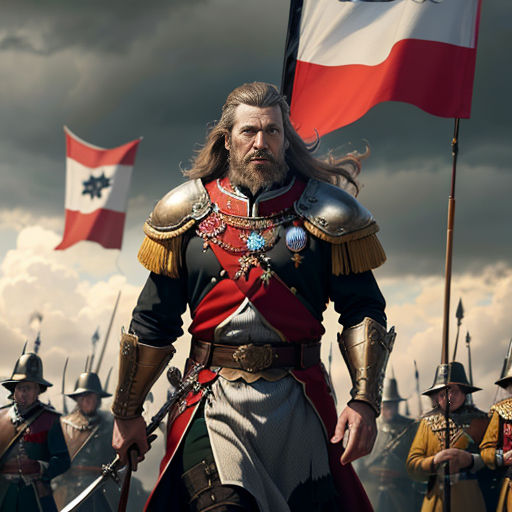
This victory was more than a triumph in a single battle. It was a statement to all the European powers. The Jagiellonian dynasty was a force to be reckoned with.
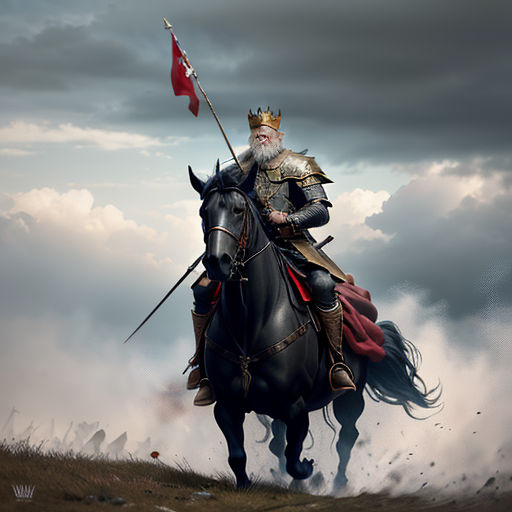
From then on, all countries in the region had to reckon with Poland. The Battle of Grunwald became a beacon of Polish bravery and strategic prowess.
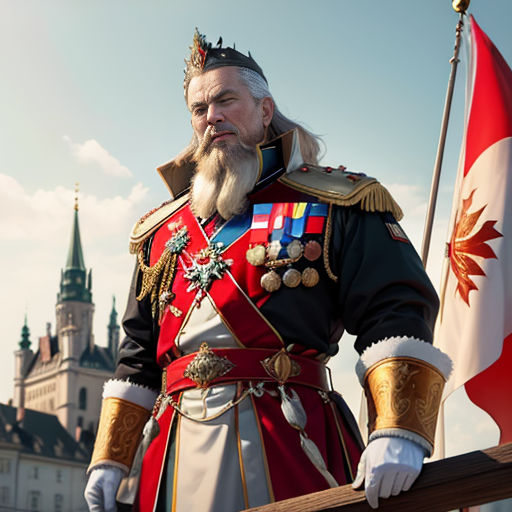
The triumph at Grunwald was not just a military victory. It was a turning point in history, setting the stage for Poland's rise as a major power in Europe.
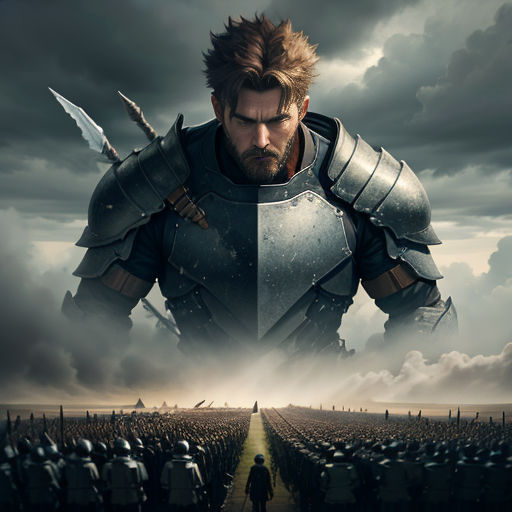
The memory of this battle is kept alive in the painting by Feliks Sypniewski. It vividly depicts the armies preparing for the epic clash, frozen in the moment before the storm.
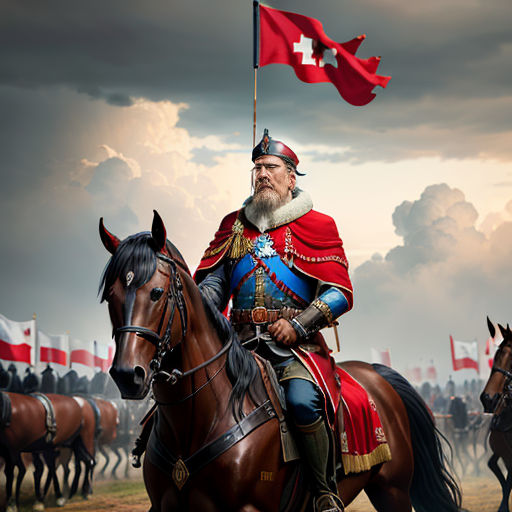
The Battle of Grunwald is also listed among the ten most important battles in Polish history. It is a testament to the resilience and courage of the Polish people.
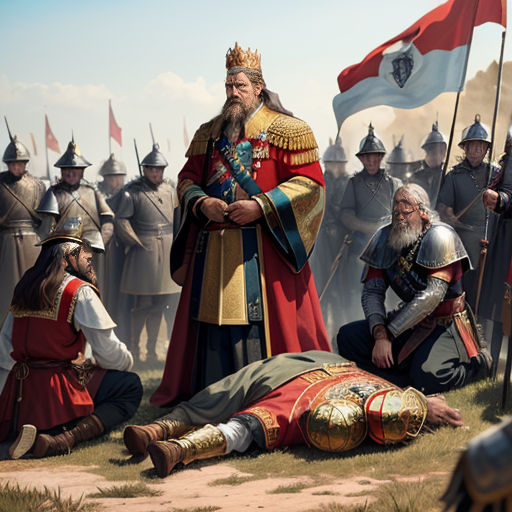
King Władysław Jagiełło's victory at Grunwald solidified his place in history. His strategic acumen and bravery in the face of adversity are still celebrated today.
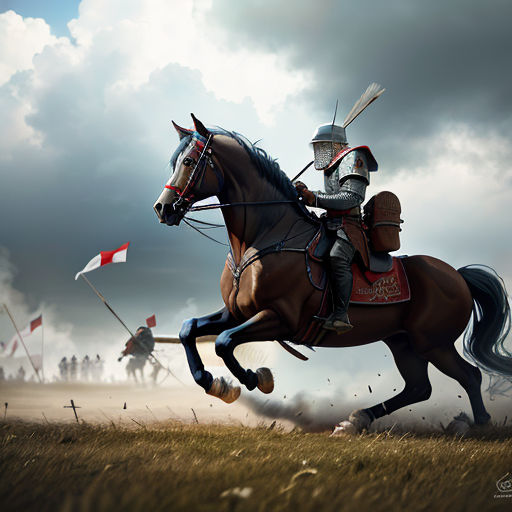
The Battle of Grunwald remains a symbol of Polish victory over a formidable adversary. It is a testament to the strength, courage, and resilience of a nation.

Through its trials and triumphs, the Jagiellonian dynasty would continue to shape the future of Poland and Europe. The Battle of Grunwald was a crucial stepping stone towards this future.

The echoes of this battle continue to resound in the annals of history. The story of the Battle of Grunwald is a testament to the power of a united front and strategic brilliance.

Today, the Battle of Grunwald is remembered not only as a military triumph but also as a shining example of the indomitable spirit of the Polish people.
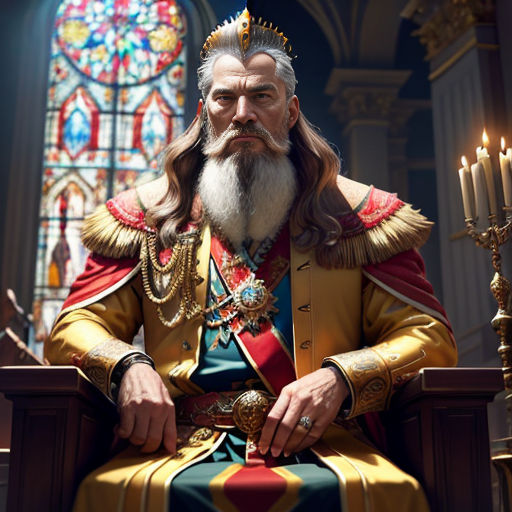
King Władysław Jagiełło's leadership in the face of adversity, his strategic prowess, and his unyielding spirit are still celebrated as the defining traits of a great leader.
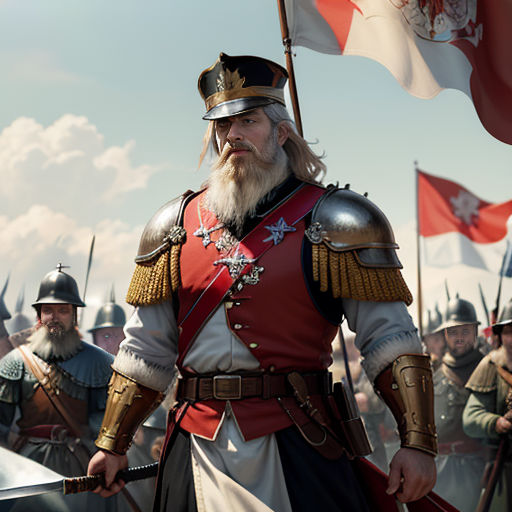
The triumph at Grunwald continues to inspire generations of Poles. It serves as a reminder of their nation's strength and resilience in the face of adversity.
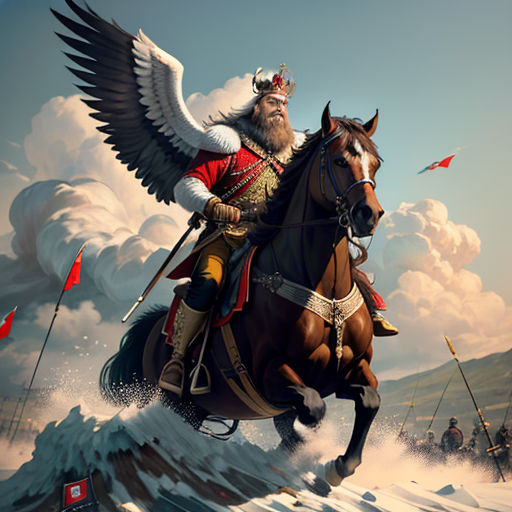
The Battle of Grunwald is more than a historical event; it is a symbol of national pride and a beacon of Polish courage and determination.
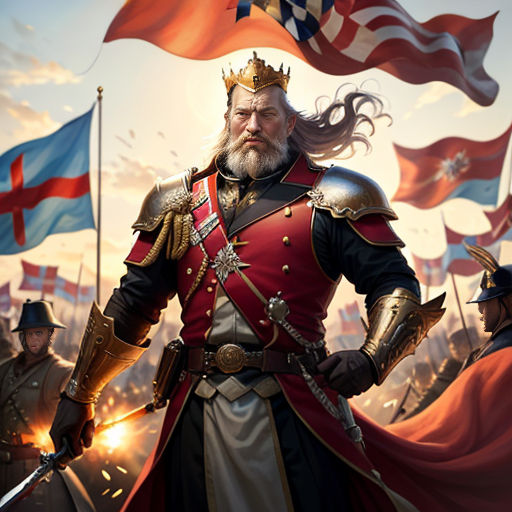
King Władysław Jagiełło's victory at Grunwald is a shining example of the power of strategic acumen and unyielding spirit. It is a testament to the strength of a united front.
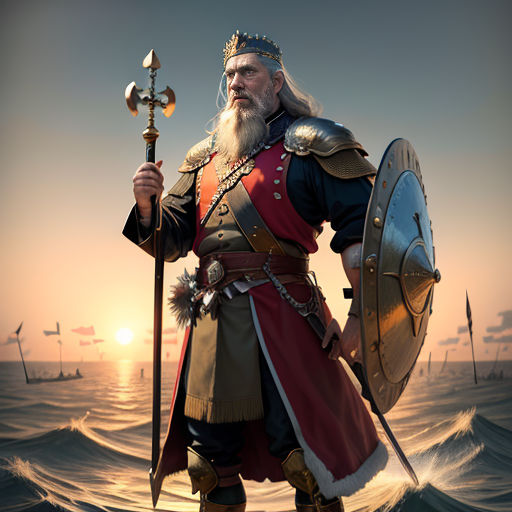
The echoes of the Battle of Grunwald continue to resound in Polish history. It remains a symbol of victory, resilience, and the indomitable spirit of the Polish people.
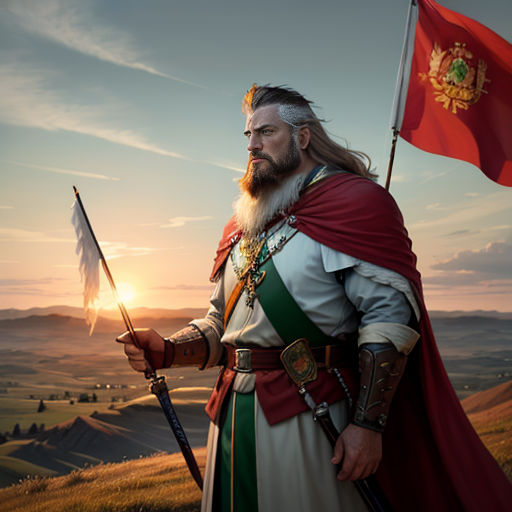
The story of the Battle of Grunwald is a story of courage, resilience, and strategic brilliance. It serves as a reminder of the strength of a united front and the power of a determined leader.
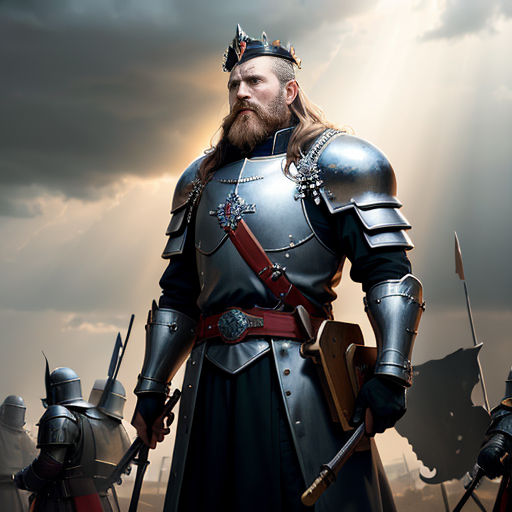
Today, the Battle of Grunwald stands as a beacon of Polish courage and determination. It continues to inspire and remind us of the power of unity and strategic brilliance.
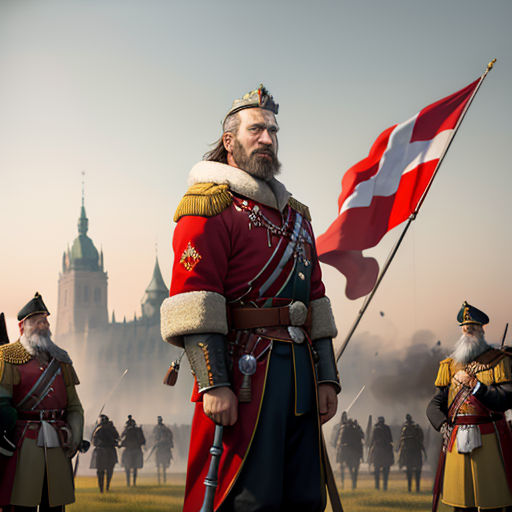
The echoes of this battle continue to inspire generations of Poles. The triumph at Grunwald is a shining example of the indomitable spirit of the Polish people.
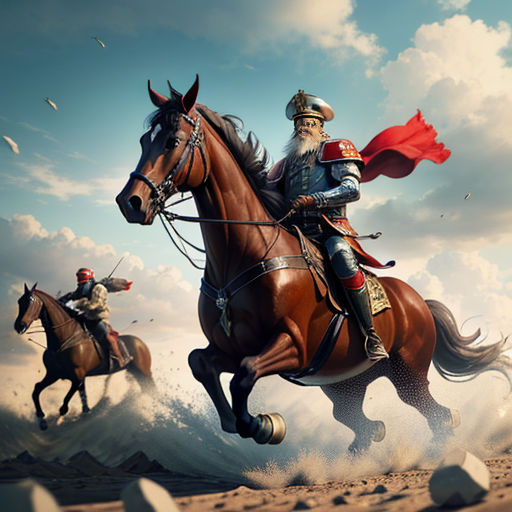
The Battle of Grunwald is more than a historical event; it is a symbol of national pride, a testament to the strength of a united front, and a beacon of Polish courage and determination.
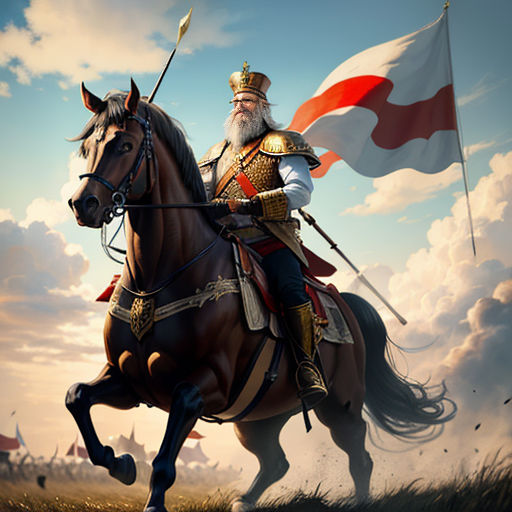
The story of the Battle of Grunwald remains a source of inspiration for many. The victory of King Władysław Jagiełło over the Teutonic Order continues to echo through the centuries.